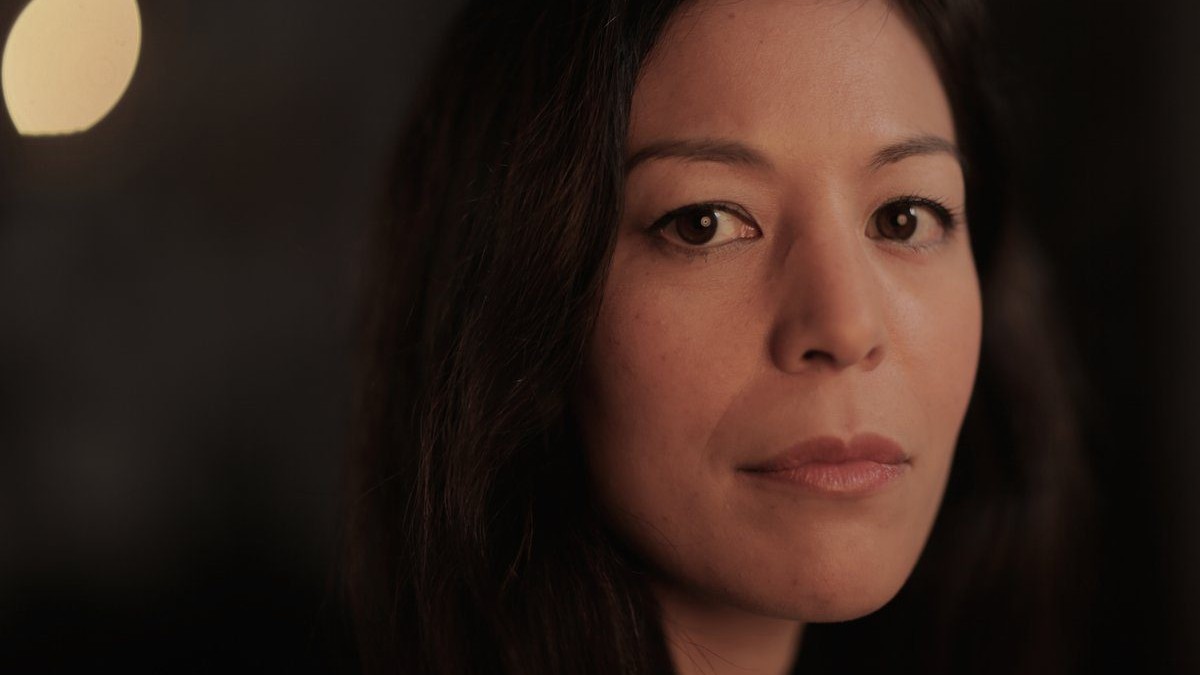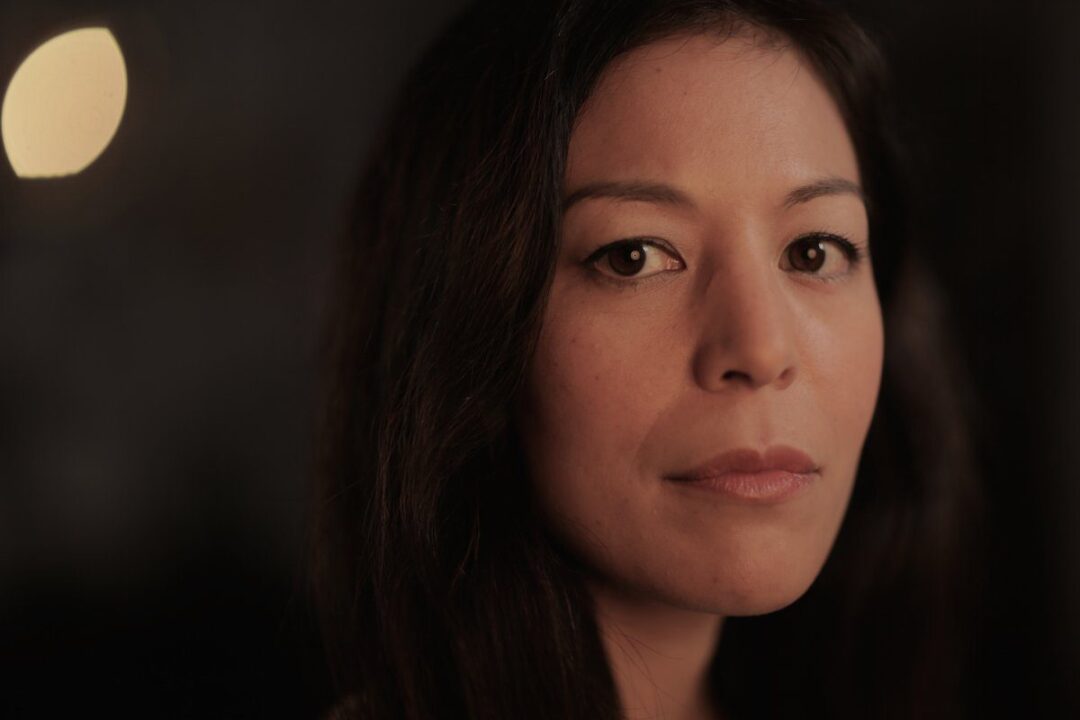Sonia Kennebeck’s background as an investigative journalist led her to create one of the year’s most unsettling exposés, “National Bird.”
Executive produced by legendary filmmaker Wim Wenders and documentarian Errol Morris, her film set out to open our eyes to the formidable truth about the government’s role in drone warfare. In our exclusive interview, Sonia talks to Cinemacy about meeting the film’s three whistleblower protagonists for the first time, putting her safety in jeopardy for the sake of the film, and her hopes for change.
What made you want to create a film about this subject?
I wanted to make a film about the drone program but not told by some “expert behind the desk.” I really wanted to tell the story of the people directly impacted by the drone war: the people who had top secret clearances who worked in the drone program, people fighting in the war, and the people in the target countries.
What I found out through my research is that the people working in this program are very affected by their role, and then, of course, you rarely see the stories of people in the target countries. I wanted to give the victims and survivors a voice.
The film follows three different people, how did you select your protagonists?
Finding people who worked in the drone program who were willing to speak about their experience was not an easy task because everyone in the film had top secret clearance. They’ve been in this secret environment for so long, being told not to speak out about it. I found Heather [Linebaugh] first, almost a year before she wrote the Guardian article. I saw a photograph online of this young woman holding up a sheet of paper covering her face, only her eyes were showing, and on the paper, it said “Not everything you hear about the drone program is true. I know what I’m talking about.” I started [researching] and eventually, I came across a Facebook profile of Heather and recognized her eyes. I contacted her and asked if we could meet. In our first meeting, she told me that she lost three friends to suicide; it really hasn’t been discussed how suicide and PTSD are common issues for people working in the drone program. That was the first story I started to follow.
Then I met Daniel [Ellsberg] at a peace protest and Lisa [Ling] at a veteran’s convention. In our first meeting, Lisa told me she traveled to countries like Afghanistan and wanted to continue traveling for the rest of her life to make amends for what she had participated in with the drone program.
“In our first meeting, she told me that she lost three friends to suicide; it really hasn’t been discussed how suicide and PTSD are common issues for people working in the drone program.”

Was there one story you found personally compelling?
It’s difficult because all of the stories were very different. I really see that people connect to these characters in different ways, especially young people. They all seem to really connect to Heather and Daniel. I see people who are typically older are compelled by Lisa’s story, she is extremely thoughtful in her analysis and has a sense of the bigger picture. For me personally, I think all three are very moving.
I’ve been following Heather’s story [for so long] and her struggle to get help for PTSD. It’s not easy to watch, her being such a young person and the struggle she goes through to get help. What Daniel goes through is also very traumatic.
What was it like filming in Afghanistan?
Lisa was the one who took us to Afghanistan and it was hard to meet the victims, families, and survivors. The people of Afghanistan are incredibly open in sharing their stories, their hopes, and their dreams. They called us their “foreign brother” and asked for peace. I was so incredibly struck by the humanity of the people of Afghanistan. For many people, these [scenes] are the most heart-wrenching part. All in all, it was a very challenging production, I have to say. I had a lot of sleepless nights.
“Whistleblowing, by definition, means that you are exposing fraud, abuse, criminal, and illegal activity. These are all things we need to shed light on to keep our government accountable.”

From traveling to Afghanistan to standing by Daniel through his trial, did you ever feel like your safety was in jeopardy?
We all knew there would be a risk in making this film, and I tried to minimize the risk as much as possible. I hired a first amendment lawyer and a whistleblower attorney (who is one of the lead attorneys for Edward Snowden) during the production of the film. We all talked about the risks in advance. To make a film like this in our current environment under the Obama administration, where whistleblowers and journalists are prosecuted and threatened, that was a big concern for us. It had been reported that Obama has prosecuted more whistleblowers under the Espionage Act than all previous administrations combined since 1917.
We did prepare for the worst, hoping it wouldn’t happen of course. Daniel was raided in the middle of production, and we decided to keep shooting but you see in the film what impact it has on him. One thing that is very important for people to know is that whistleblowing, by definition, means that you are exposing fraud, abuse, criminal, and illegal activity. These are all things we need to shed light on to keep our government accountable. Especially with a Trump presidency coming up now, I think it’s really relevant. We need transparency, but it is becoming more difficult because the threats and risks are higher for whistleblowers and independent filmmakers like myself.
In a perfect world, what do you hope to change, or see the public do, to help fix this problem?
I wanted to bring transparency to the drone program and start a discussion. My background is in investigative journalism and I wanted to do this film because I felt like there was too much secrecy surrounding the program. We’re in a time where technology has outpaced our legal framework and rules & regulations. To a certain extent, maybe even our moral standards. I think we need to catch up as a society and get this [unbiased] information to then decide if this is the type of warfare we want.
Simone Buteau
Simone is a TV/Broadcast Journalism student at Chapman University with a passion for storytelling. She is so grateful to be joining the Cinemacy team where she hopes to not only share her passion for films through reviews but also investigate the different stories that go behind every film.


